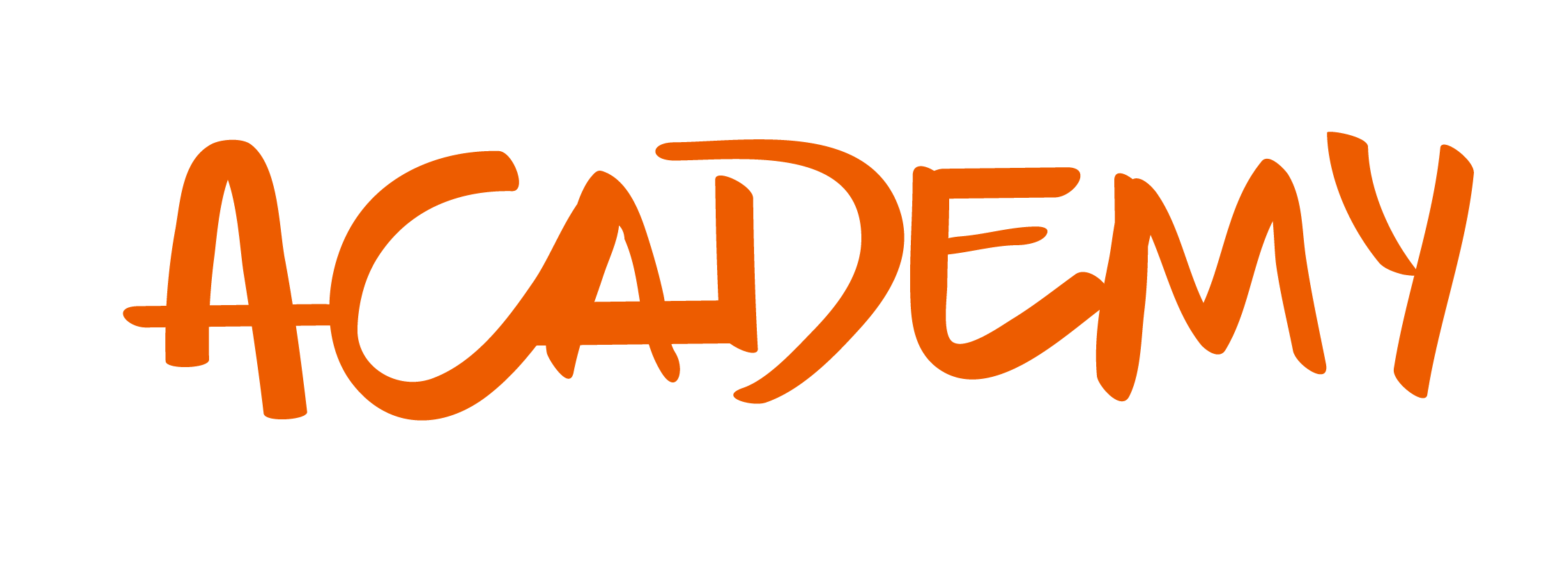In the exciting world of creative agencies, our primary focus is often centered around creativity and the implementation of innovative strategies that will amaze our clients. However, we must not lose sight of a fundamental aspect that often goes unnoticed: internal management. This management becomes a critical point when we aim to become more efficient, effective, and profitable in our businesses.
One of the most significant challenges faced by creative agencies is the time gap between what is promised to clients and what is actually delivered. To ensure profitability and client satisfaction, it is essential to avoid these deviations and accurately understand the number of hours a project may require from our collaborators. This knowledge provides us with a solid foundation for future fee negotiations.
After analyzing the experiences of over 600 agencies, we have discovered that their primary goal is to enhance profitability. 40% of them consider having full visibility from start to finish of all agency operations beneficial, while 37% focus on profits as their primary goal. The remaining 23% seek to improve resource management. These data reveal that many issues within agencies are related to internal visibility in various aspects, such as resources, deviations, deliverables, rework, and operational capacity.
The Pursuit of Profitability
Profitability has become the guiding light for many CEOs and CFOs in this highly competitive sector. Many of them admit that their projects are not profitable, often leading to financial losses due to a lack of precise knowledge about the hours their teams put in. The key to addressing this structural issue within agency internal management is recognizing its existence and taking corrective action.
A surprising finding is that, after discussions with numerous agencies, we discovered that none of them base their responses on real data about their teams’ internal management. Furthermore, 59% of them admitted to estimating project fees based on past experiences rather than concrete data. This lack of organization and focus on precise data can perpetuate errors over time, leaving agencies with unprofitable projects, fees, and clients.
In the competitive world of creative agencies, understanding and controlling budget management are essential for success. It is crucial to be aware of how often initial budgets allocated to projects undergo changes. Our findings reveal that 93% of agencies acknowledge that their initial budgets tend to deviate at some point during their projects, while only 7% have never experienced changes in their budgets.
Nearly all initial Scope of Work agreements with clients tend to experience deviations and modifications. These deviations refer to differences between the initially budgeted amount and the amount ultimately required when executing a project or campaign for a client. Seventy-four percent of agencies indicate that these issues are primarily related to a lack of data-based management. Additionally, 50% of these changes occur after project commencement.
The Need to Change a Budget
Among the main reasons for altering a budget are client change requests, project deviations, and underestimation or a lack of personnel. Sometimes, an incorrect number of team members is assigned to a project, which can lead to poor project fee management—a problem that can recur if not identified in time. Having a project management tool that provides real-time dashboards for data input and visualization is crucial for identifying these deviations.
Selling all our available hours at the best possible price is an optimal business strategy for an advertising agency. Our raw material is time, and each hour represents ideas, strategy, and added value. Therefore, having a dashboard that presents all the necessary data for informed decision-making is crucial.
This approach also benefits client relationships by providing them with visibility into deviations, deliverables, rework, and operational capacity. With precise data, both agencies and clients can make more informed and strategic decisions to achieve mutual success.
Effective project and budget management thus become the foundation of efficiency, effectiveness, and profitability in our businesses. Our findings highlight the urgent need to address budget deviations, internal visibility gaps, and decision-making based on precise data rather than past experiences. By doing so, agencies can not only achieve the desired profitability but also strengthen their client relationships and ensure a successful future in this competitive environment.














